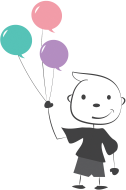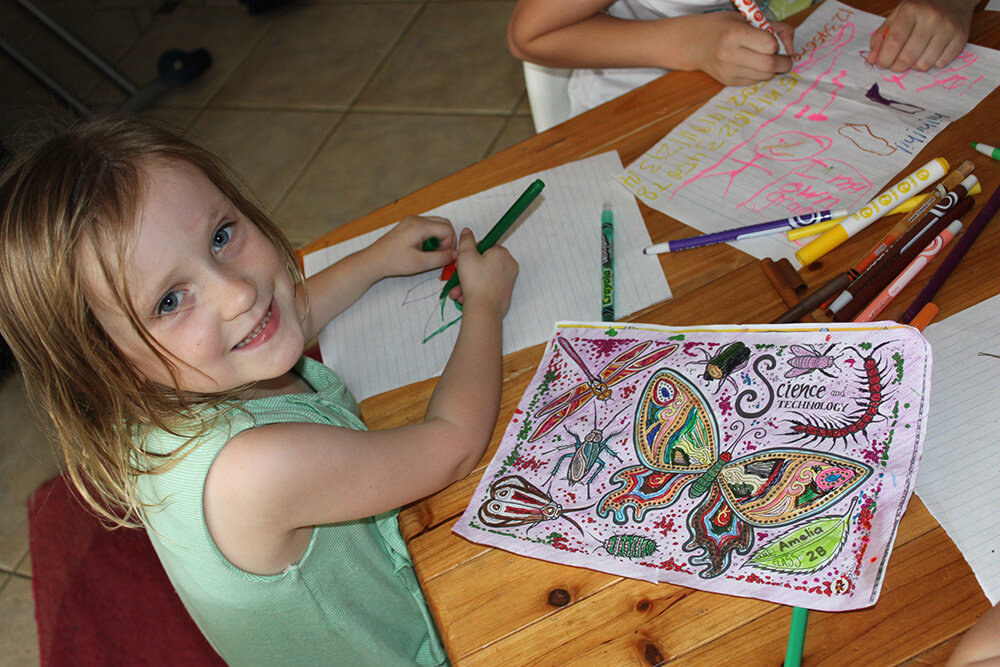What are the main parts that make up communication for a toddler? Do you know how to play with a toddler in a way that improves their communication?
Over the next couple of weeks, I am going to chat about what are the essential areas for development in toddlers.
Why have I decided to blog about this? Well I have a lot of school age children that come to see me. Most of them present with literacy and language difficulties, some with pronunciation difficulties. They are all varying ages from kindy into high school. However, a common theme is they were not identified as having any difficulties as toddlers. For some children it is true that they didn’t have any difficulties during younger development, however for a large amount of children, sadly this is not the case. The may have slipped under the radar. It’s NOT about playing any sort of blame game, but thinking how can we make sure toddlers are on track, so they have the best possible start at school and are 100% ready to learn.
The best way that children learn is through play. As adults, the more we understand about how toddlers learn, the better we will know how to play and interact with them and teach them.
A key area of development is LANGUAGE. A lot of people first think, we speak English, this is our language. This is correct. Language or English can be broken into two components, receptive language and expressive language. I want to touch on receptive language first.
It’s a bit of a long term, however simply put, it is listening and understanding. From a young age, toddlers should start to understand the concept of communication. So, if I say a word, it means something to other people. For example if I yell out “mum!”, my mum turns around and listens to me.
If a toddler was to come to you crying, the first things you would ask, “are you alright?”, “what happened?”, “how did you get hurt?”, “who were you playing with?” or “where were you playing?”. We ask so many different types of questions!! Receptive language means that a toddler learns to understand these questions and eventually answer them (more about that side later).
It also includes understanding and following instructions, such as “give me one of your toys”, “get the book from under the table”, “go and get your shoes” etc; understanding all types of concepts, such as big/little, front/back, empty/full; and understanding what people are talking about around them (to an extent).
If a child is listening and understanding, then they will start to use the correct words and sentences in conversation. They will also start to understand the social rules of communication, for example I wait my turn to speak or I listen to others when they talk.
As children enter school, receptive language involves listening and reading comprehension, following instructions and finishing work in the classroom, understanding sounds, words and sentences and remembering information that they hear or read. It is an extremely important area!
Parents, remember in your play with your toddlers to simply model words and model how to follow instructions for your child, without putting pressure on them to answer every single thing. It is important that your child starts to understand about communication first.
From reading above, I’m sure you can now see why this area is ESSENTIAL in toddler development. If you want to know if your child’s receptive language skills are appropriate for their age, look at our webpage checklists and information at www.speakaboutspeech.com
Thanks for reading this, you have done your toddler a favour and hopefully learnt something yourself! Next week I will be blogging about the other side of language, known as expressive language. So stay tuned!


